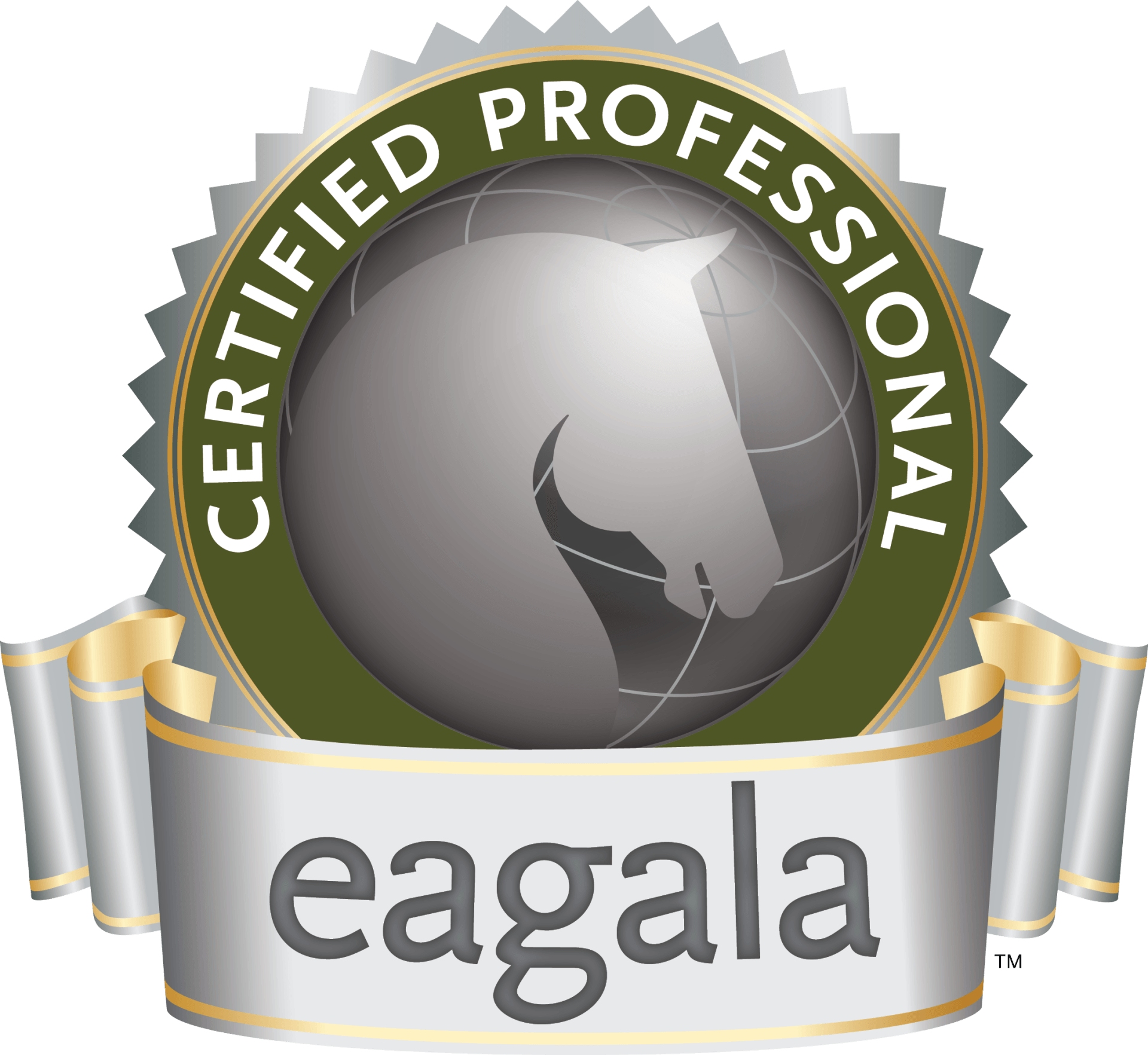Family Private EAP Sessions
Families share many things. . . From toothpaste, toys, closets and the tv remote to how time, money and energy is spent. Does your family share the same vision and values?
Family Private EAP Sessions
How Much is a Family like a Herd?
At times we don’t even realize we’re working against each other and miscommunication can help to sabotage one another’s decisions and dreams. A healthy and successful family unit makes plans, works with, respects and communicates clearly in order to ultimately achieve both individual and collective goals. A greater understanding for familial support starts with trust and awareness. With the guidance of our horses, we are led toward individual accountability, active problem-solving, good listening skills, and togetherness.
A horse family is called a Herd. Each horse in the herd is an individual but also an active member of the whole with well defined, often singularly vital roles which must be aligned in order for the herd/ family to remain safe and protected. To survive, they support one another in order to thrive. Horses help families to become their own Herd. Families who participate in Equine Assisted Psychotherapy (EAP) sessions have the opportunity to see how their current dynamics are working, or not. Family members learn more about themselves, each other, and also how each individual fits into the familial herd as a team or unit. Sometimes, gaining a new perspective on residual problems can give family members a place to establish resiliency and respect for one another.
In the Arena
An example of one typical activity with the horses that we utilize in family EAP is to have clients create a space that represents ‘home’ (kitchen, family room, happy place, etc.) and this is done in a way to include all members. Once the home space is finished, we ask family members to pick out a horse that they are drawn to and just like a new friend, to invite the horse into their home and/or introduce the horse to the rest of their family. An activity like this can give both facilitators and the family valuable information about how each individual functions in the home with one another, and how that may change outside the home with others. Subsequent sessions build upon these initial discoveries and with the horses’ help we can pinpoint the areas that need attention to allow participants to reach their family relationship goals.
During the process of multiple sessions (average is 5 to 8) family members learn about themselves and their family unit by engaging in activities with the horses, and then processing/ discussing metaphors, behaviors and patterns that show themselves while interacting with the horses. Because of the effectiveness, EAP is considered a short-term approach to solving family conflicts. EAP can be useful before problems begin or when a major change in within the family unit is anticipated.
The Horses at Spring Reins of Hope Are Ready to Help Families:
- Learn about family roles and how their own family unit is functioning
- Shift rigid perceptions and move towards positive patterns of interaction
- Identify individual or shared anxieties and identify appropriate supportive solutions
- Learn to problem solve together by strengthening familial roles
- Learn new & different ways to handle miscommunication, conflicts, & changes
- Become aware of dynamics that may underly persistent tensions or power struggles
- Rebuild/ redefine the family module after a separation, divorce, or death
- Address and manage the realities and problems of blended families
- Integrate parenting skills to help children with conduct/ behavioral issues
- Adjust to major life transitions i.e. relocation, remarriage, illness, or trauma
- Develop communication skills where siblings and parents express themselves with empathic behavior
Family EAP has been used successfully to solve many different types of relationship issues:
- Parents have conflict within their relationship, affecting the entire family
- A child suddenly has behavioral issues or problems at school
- Siblings are having problems getting along with each other
- One family member has a long-term, chronic, mental or terminal illness, which can cause external/ internal stressors on the rest of family members
- Social skills are lacking for parents, children, or both
- One or more members feels they are not heard or listened to when trying to express concerns or needs
- Failed communication has resulted in a breakdown of the family unit
- Problems and conflicts are not finding resolution and are escalating
- Bereavement when a household family member has died
- Home/ career relocation
- Re-establishing family bonds after a traumatic event or experience Rules, respect, and responsibility
$325
Per hour
(1 Hour)
Minimum 3 sessions






